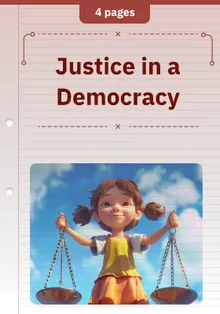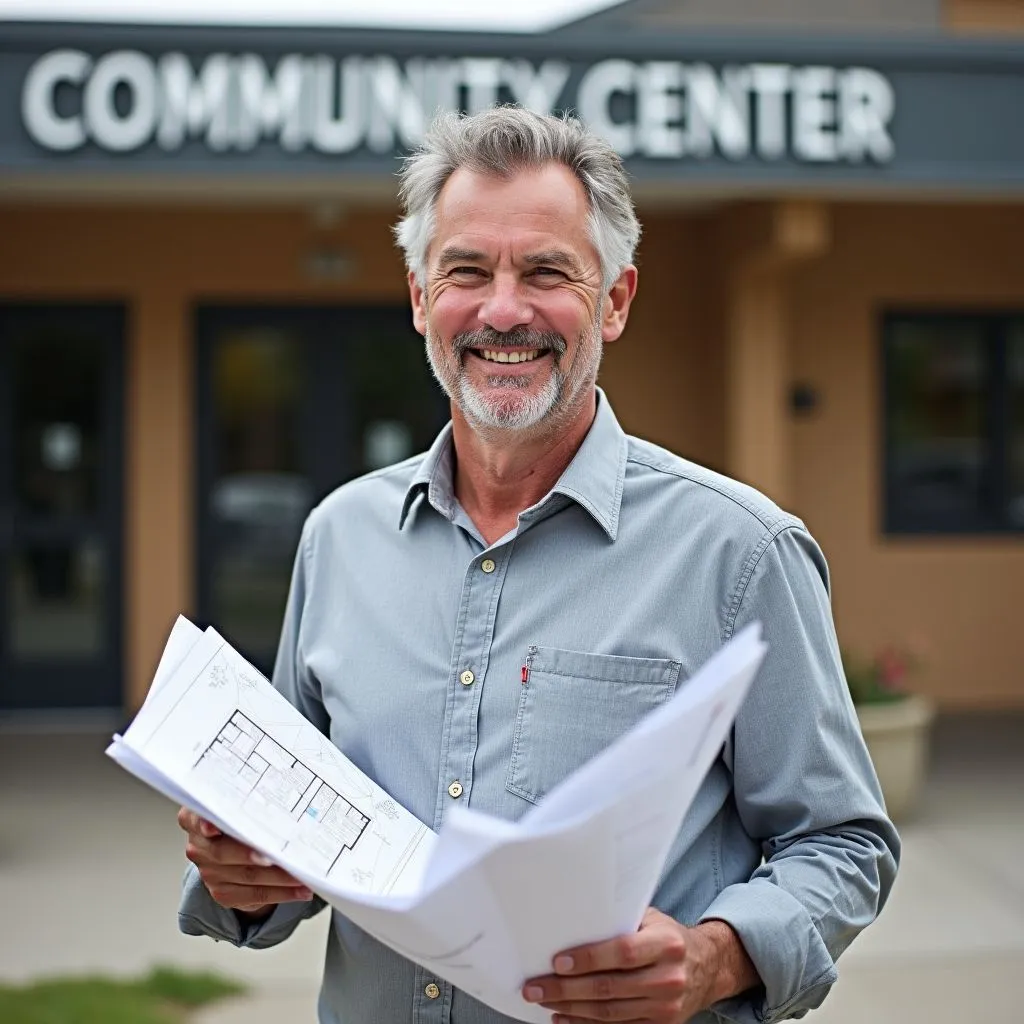
Justice in a Democracy
Objective: This worksheet aims to introduce students to the concepts of justice, inequality, and democracy, enabling them to understand the importance of fair processes and active participation in a democratic system.
Content and methods: The worksheet begins by prompting a class discussion on inequality and social justice, based on a suggested YouTube video. It then presents a chat conversation between two students discussing an unfair class representative election, which serves as a case study for further class discussion on fairness and democracy. Subsequently, students are directed to another YouTube video for a short introduction to democracy and democratic elections, followed by a true/false quiz to check their understanding of key democratic concepts and historical facts. The worksheet concludes with a role-play activity where students simulate an election, taking on different candidate roles, delivering speeches, and participating in a democratic vote.
Competencies:
- Understanding of democratic principles and concepts
- Critical thinking and discussion skills (analyzing fairness and discrimination)
- Information retrieval and comprehension (from text and video)
- Active participation in a simulated democratic process (role-play, speech, voting)
- Identifying and articulating arguments for a candidate
Target group: 8th-10th grade
53 other teachers use this template
Target group and level
Grade 8 and above
Subjects
Justice in a Democracy

What is inequality and social justice?
Watch the video about justice. Afterwards, discuss these questions in class:
- Why is not always fair if everyone always gets the same?
- What are the two sides of discrimination?
- Have you witnessed or experienced discrimination yourself?
Justice in a democracy
Max
Hi Max! Did you hear about the class rep election results?
Yes, Arsema! I'm so mad about it.
Me too! Lucy got the most votes, but Mr. Smith declared Thomas the winner. It's so unfair!
Exactly! What's the point of voting if the teacher just picks whoever he wants?
It goes against democracy! Votes should matter. It's like saying our opinions don't count.
I know, right? We all chose Lucy because we believe in her, not because Mr. Smith thinks Thomas would be better.
This isn't fair to Lucy either. She worked hard for those votes. It's like her effort was for nothing.
Totally. And it's a bad example for us. How will we trust the system if it's not fair?
We should talk to Mr. Smith and tell him how we feel. Maybe he doesn't realize he's teaching us the wrong lesson.
Good idea. We need to stand up for what's right. Fair elections are a big part of democracy.
Yes! Democracy is about everyone's voice being heard, not just one person's decision.
Let's gather our classmates and explain our concerns to Mr. Smith. We need to make sure this doesn't happen again.
Agreed. We have to do this together. It's about fairness and justice for everyone.
Absolutely. Let's meet after school to plan what we want to say.
Sounds good! See you later, Max.
See you, Arsema!
Read the chat between Arsema and Max. Then discuss in class: Why do they both find it so unfair that Nina didn't win? If Thomas would really be a better class representative, shouldn't he be allowed to get the position, even if he didn't receive the most votes? What do you think?
Justice in a democracy
Probably you think it's unfair that Lucy didn't win the election because she was elected in a democratic manner. Watch the following video to learn more about the nature of democracy and democratic elections.
For each sentence, choose if it's true or false.
Role play - election for mayor
Now you can take part in a democratic process yourselves. Four of you will receive the role cards listed below and present yourselves to the class in your assigned role. Give a short speech explaining to the class why you should be elected. Afterwards, the rest of the class will vote democratically.
Michael Thompson

Sophia Martinez

James Carter

Emily Nguyen
